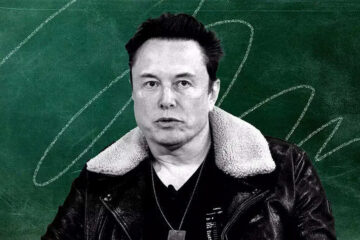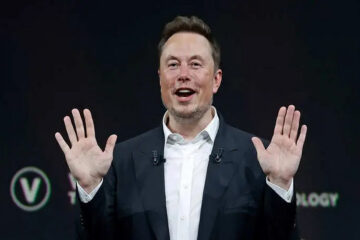Elon Musk’s Stance on Therapy

Elon Musk, the influential figure in the tech industry and cofounder of Tesla, has recently reiterated his stance on therapy, emphasizing that he has never sought mental health counseling.
Musk’s Public Declarations
In a post shared on X, formerly known as Twitter, Musk expressed his desire for his gravestone to bear the inscription “Never Went to Therapy.” This declaration is not a novel one from Musk, who has previously made similar statements regarding his aversion to therapy, including discussions about his hypothetical grave marker.
Skepticism Towards Traditional Therapy
Musk’s most recent assertion, posted on January 29, was prompted by a video featuring German filmmaker Werner Herzog, who criticized psychoanalysis, labeling it as one of the “greatest stupidities” of the 20th century. Herzog’s remarks sparked Musk’s response, as he expressed his skepticism towards the practice of delving into one’s innermost thoughts and feelings.
Advocacy for Alternative Support Systems
Musk’s disdain for traditional therapy extends to his views on mental health professionals, whom he believes do not have the best interests of their patients at heart. Instead, he advocates for seeking support from friends, arguing that they are more effective in providing emotional assistance.
Candid Discussions on Mental Health
In addition to his public statements, Musk has candidly discussed his own struggles with mental health, notably during an appearance on The Joe Rogan Experience podcast. He highlighted the detrimental effects of social media on self-worth and emotional well-being, shedding light on the disparity between outward appearances and internal struggles.
Reflections on Existential Questions
Moreover, Musk has openly acknowledged grappling with existential questions and contemplating suicide during his youth, reflecting on the meaninglessness of life. Despite these challenges, he has explored alternative approaches to mental health treatment.
Exploration of Alternative Treatments
Musk has openly explored alternative approaches to mental health treatment, including the use of microdoses of ketamine to alleviate depression. Additionally, he advocates for the serious consideration of psychedelic drugs like ecstasy in addressing conditions such as extreme depression and PTSD.
Conclusion
While Musk’s stance on therapy may be unconventional, it underscores his belief in alternative methods of addressing mental health issues. However, his reluctance to engage with traditional therapeutic practices raises questions about the efficacy of his chosen approach. As Musk continues to navigate the intersection of technology, entrepreneurship, and mental well-being, his outspoken views serve as a catalyst for broader conversations surrounding mental health awareness and treatment modalities.















